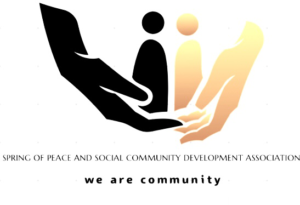
Non-governmental organizations (NGOs) play a crucial role in assisting immigrants in Canada by providing various support services. Their contributions are diverse and often complement the efforts of government agencies. Here are some key roles that NGOs play in helping immigrants:
Settlement Services: NGOs offer settlement services to help newcomers adapt to life in Canada. These services may include orientation programs, language classes, and information sessions on topics such as housing, healthcare, education, and employment.
Language and Integration Programs: NGOs often provide language training programs to help immigrants improve their English or French language skills, enhancing their ability to communicate and integrate into Canadian society.
Employment Assistance: Many NGOs offer employment-related services, such as job search assistance, resume building, interview preparation, and workshops on Canadian workplace culture. This helps immigrants find suitable employment and overcome barriers to workforce integration.
Credential Recognition: NGOs assist immigrants in navigating the process of having their foreign credentials recognized in Canada. They may provide information about accreditation, education, and training programs needed to align qualifications with Canadian standards.
Legal Assistance: NGOs offer legal support and information on immigration and refugee issues. This can include assistance with applications, understanding legal rights and responsibilities, and navigating the complex immigration system.
Health and Well-being Services: NGOs provide information and support related to healthcare access, mental health, and overall well-being. They may organize workshops, counseling services, and outreach programs to address the unique needs of immigrant communities.
Community Building: NGOs play a role in building community networks by organizing cultural events, support groups, and social activities. These initiatives foster a sense of belonging and help newcomers establish connections with others who share similar experiences.
Housing Assistance: NGOs may assist immigrants in finding affordable and suitable housing. They can provide information on rental processes, tenant rights, and strategies for navigating the housing market.
Youth and Education Programs: NGOs often run programs specifically designed for immigrant youth, including mentorship programs, tutoring, and workshops that address the unique challenges faced by young newcomers in the education system.
Advocacy and Policy Influence: NGOs advocate for the rights and needs of immigrants, influencing policies and programs at local, provincial, and national levels. They may work to address systemic issues affecting immigrants and contribute to a more inclusive and welcoming society.
Collaboration between NGOs, government agencies, and other stakeholders is essential for
providing comprehensive support to immigrants in Canada. These organizations contribute significantly to the successful integration of newcomers by addressing various aspects of their settlement journey.
